
Tag Archives Canola Council of Canada
Chuck Fossay new president of MCGA
The 2016 executive was decided Feb. 11
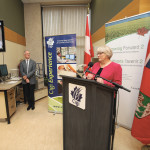
Government should do more to support agricultural science
Agriculture needs to respond to consumer demands for more information
Farm groups reject anti-GM crop report claims
The Canadian Biotechnology Action Network questions whether yield gains are due to GM technology
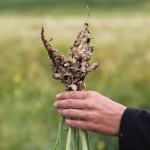
New variety a milestone in the battle against clubroot
New canola variety has two resistant genes — but clubroot strains are quickly multiplying

No neonic ban expected in the West
In Ontario, the treatments won't be allowed in 2017 unless a demonstrated need exists
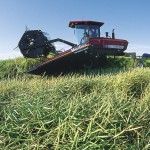
Canola maturity matters in desiccation timing
The Canola Council of Canada’s Spray to Swath calculator shows just how long to wait after spraying a desiccant or other pre-harvest chemical

Editorial: We might need 100-bushel canola

Canola growers urged to be smart: don’t use Clever (quinclorac) until importers set MRLs
Those who have sprayed canola with the herbicide need to inform buyers at delivery time
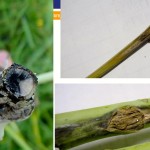
To spray or not to spray canola for blackleg?
Longer canola rotations and switching varieties can reduce the need and cost of a fungicide
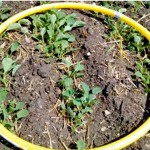
Should crop insurance have a ‘do not seed before’ date?
This spring has prompted some to ask the question


